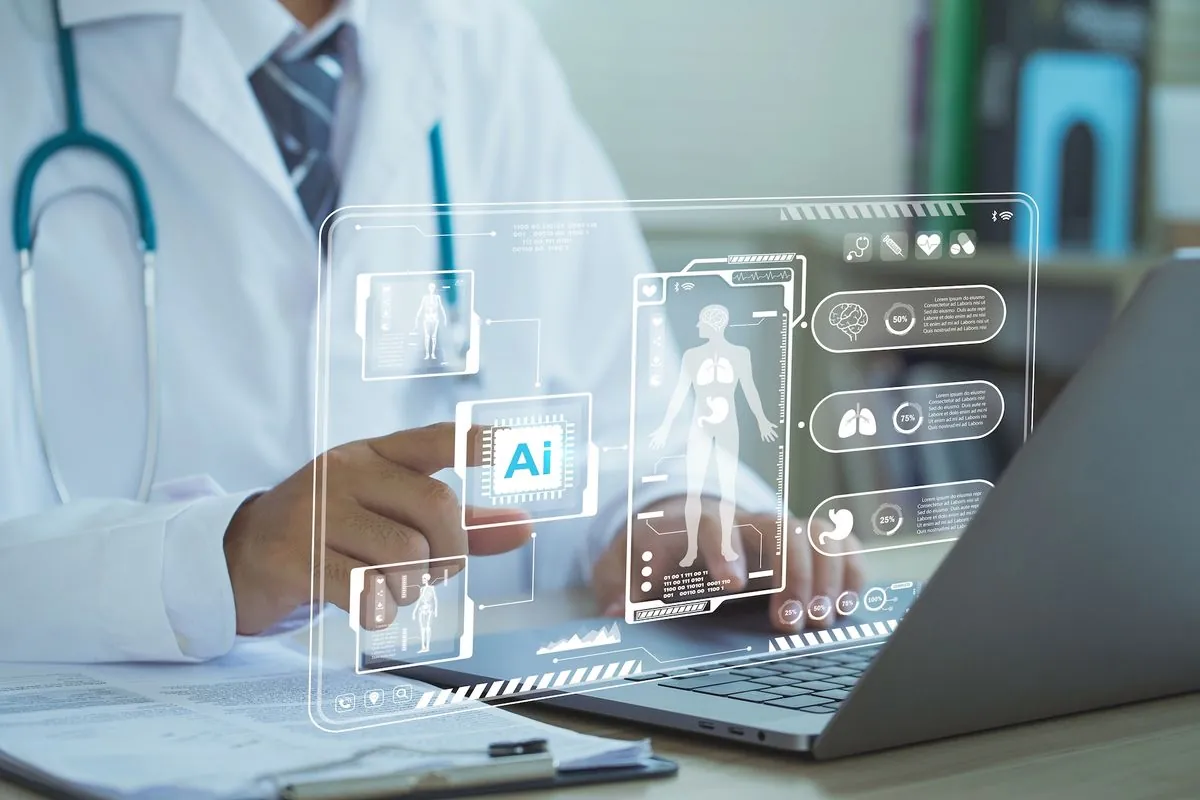UK GPs Embrace AI for Patient Care: Study Reveals Widespread Use
A Harvard study finds 20% of UK GPs use AI tools like ChatGPT for patient care, raising concerns about regulation and privacy. Experts call for guidelines as AI adoption in healthcare grows.

A recent study conducted by Harvard researchers has revealed that one in five general practitioners (GPs) in the United Kingdom are utilizing artificial intelligence (AI) tools, including ChatGPT, in their medical practice. This finding has sparked concerns about the lack of regulation and potential risks associated with AI use in healthcare.
The survey, involving 1,006 GPs, was conducted in February 2024 through doctors.net.uk. It found that 205 doctors admitted to using machine-learning tools in their professional capacity. Of these, 25% reported using AI to suggest treatments, while nearly 30% employed it for diagnostic purposes. Other applications included administrative tasks such as letter writing, document generation, and creating patient summaries.
Dr. Charlotte Blease, a healthcare researcher at Harvard Medical School and associate professor at Uppsala University, led the international team behind this study. The researchers cautioned about the limitations of AI tools, noting their potential to "embed subtle errors and biases" and the unclear policies surrounding their use in general practice.

ChatGPT, launched in 2022, emerged as the most commonly used AI tool among the surveyed GPs, with 16% reporting its use. This rapid adoption of AI in healthcare reflects a broader trend that has been accelerating since the COVID-19 pandemic began in 2020, which saw a significant increase in telemedicine and digital health technologies.
While AI is already being utilized in various NHS settings, such as assisting radiologists with scan interpretation and administrative tasks, experts warn that unregulated use of these tools could potentially harm patients and compromise privacy. The study's authors emphasized the need for clear guidelines and proper training for healthcare professionals.
Professor Kamila Hawthorne, chair of the Royal College of General Practitioners, stressed the importance of close regulation to ensure patient safety and data security. She acknowledged the potential benefits of AI in reducing administrative burdens, noting that GPs can spend up to a quarter of their time on paperwork.
"Technology will always need to work alongside and complement the work of doctors and other healthcare professionals, and it can never be seen as a replacement for the expertise of a qualified medical professional."
The study, published in the BMJ Health and Care Informatics journal, comes at a time when the UK healthcare system is facing challenges. A separate study revealed that GPs were contracted to work an average of just 26 hours per week in 2022, with a 10% reduction in average contracted hours between 2015 and 2022, despite a 5% increase in the number of GPs during the same period.
As AI continues to evolve and integrate into healthcare, it is crucial to strike a balance between innovation and patient safety. The UK government, which published its first AI strategy in 2021, will need to address these concerns to ensure responsible AI adoption in the medical field.


































